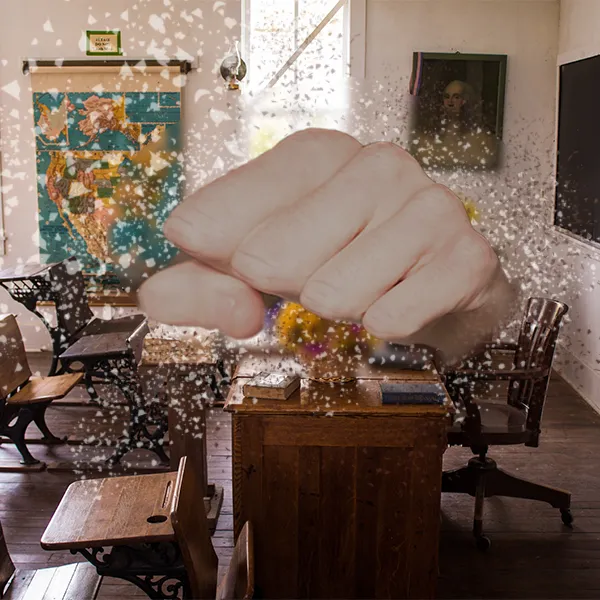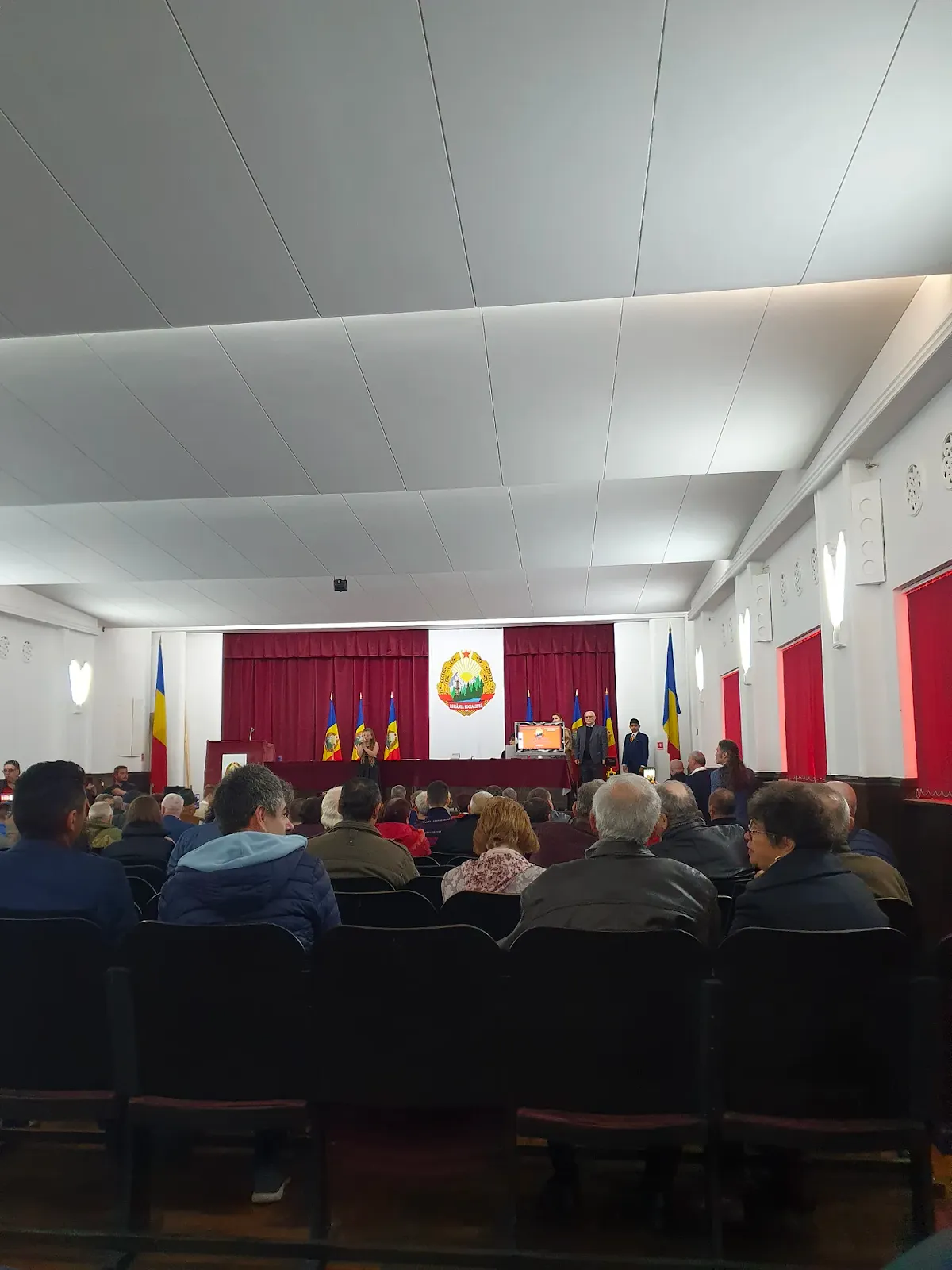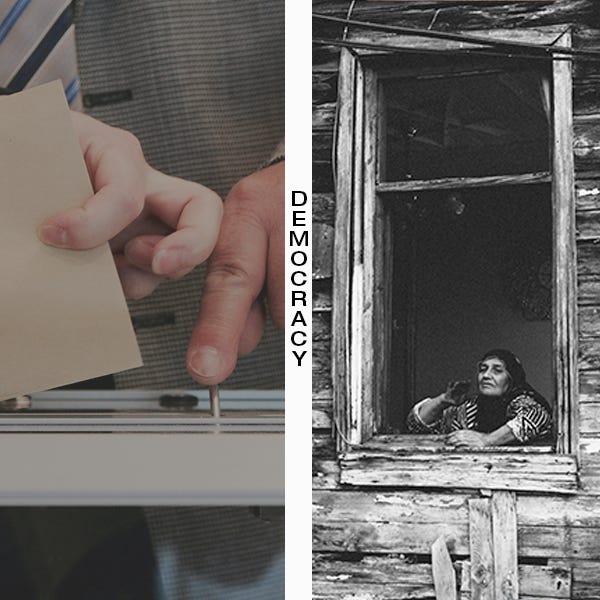Romania has been in a state of shock for more than a week, after a 15-year old girl – Alexandra Măceşanu, from the centrally-located southern city of Caracal, was killed on July 25th. Alexandra had gone to a larger city for private lessons. Due to Romania’s general lack of public transport, she was forced to hitchhike back home. The government recently eliminated free regional transport and now private transport companies aren’t obligated to service routes which don’t generate a profit. That is how she was abducted by a 57-year old automobile mechanic, Gheorghe Dincă, who operated an unlicensed taxi service. He took her to a house in Caracal. In spite of the fact that Alexandra called the emergency phone number 112 a few times, police didn’t manage to pinpoint her signal immediately, and didn’t enter the house until the following morning, because of lack of permission from the observing prosecutor. In the 19 hours between the first call until police entered the house where she was being held, Alexandra was repeatedly raped and then killed.
The case has shaken Romania not only because of the brutal abuse of the adolescent, but also because state institutions acted with inexplicable slowness, which enabled the criminal to follow his plan to completion. Alexandra phoned 112. It took the police 19 hours to intervene. Another interesting piece of information is that three months prior, another young girl from the zone – Luiza Melencu, was killed by the same man. This horrible fact was publicized, along with a 2012 human trafficking case at the Deveselu military base. The base has been used by American air defence since 2011.
After Alexandra’s death, Romania is not only in a state of shock: It is even more upset than it was in the case of the Colectiv nightclub fire, where more than 60 people died. Now various answers are appearing in response to the questions of who is to blame: Some condemn the prosecutor, Cristian Ovidiu Popescu, who didn’t permit Alexandra’s rescue, as he interdicted the police’s entrance into the house by refusing to issue a warrant. Police were made to wait for hours on the doorstep of the criminal’s house. Popescu was lauded by the former anti-corruption prosecution (DNA) chief, Laura Koveşi. To some people this means that he is from the movement #rezist (which was a main force behind the 2017 protests in support of anti-corruption – note of the translator). But others say that the police didn’t need a warrant, but could have entered the house out of the need to save a life. In this case, the blame falls on the Social Democratic party-ruled government. The prime minister Viorica Dăncilă declared that she is considering a referendum, to ask the population for increased punishments for rape and other crimes.
New information about the case surfaced recently: The audio of the victim’s phone calls with the 112 emergency hotline operator and the police officer were released. This has sparked a huge debate about ethical journalistic standards since the parents initially agreed only to the printed version of the phone calls being released. The audio is almost unbearable to listen to. Alexandra called 112 three times. In one conversation she says she has been kidnapped and raped and the police officer tells her to hang up because she’s keeping the line busy and there are other people calling! Then, as if this horror was not enough, the press released the recording of a WhatsApp talk between one local chief of police and someone who is known in the city as a local head of an organized crime network. The contacted source criticized the police while the officer humbly thanked him for his cooperation! Ecaterina Andronescu, the Minister of Education from the Social Democratic party, the party which basically destroyed public transportation and left children such as Alexandra at the mercy of people who own cars, was sacked. Andronescu declared that she was taught as a child not to get into strangers’ cars! The cruelty of this declaration knows no bounds since Alexandra had no means of transportation due to the decisions of these politicians! It’s also worth mentioning that according to a recent report, almost three quarters of the victims of human trafficking networks in the EU come from Romania.
Romania remains traumatised. The policemen at the scene of the crime humiliated Alexandra’s father, telling him that “if she’s in bed with someone, you pay for the perquisition”, alleging that this is the way girls are today – they leave home and then return holding their boyfriend’s hand. Furthermore, they made her father break down the doors of the house. In Bucharest, a feminist protest took place under the slogan “Patriarchy kills”. Activists wrote on the walls of police headquarters in Bucharest “Police kill”. Various attempts at rationalisation of what happened have appeared in the press. The Barricade offers the perspective of Romanian publicist Maria Cernat.
Last week we witnessed the chronicle of a shocking murder. An incredible chain of incompetence, indifference, and disdain from the state led to the death of Alexandra Măceşanu. It would be wrong to think that this horrible crime has only one perpetrator, since this particular case has shed light into the way our state apparatus functions. It would be even more wrong to believe that the victim’s gender alone led to this tragic incident. What led to this terrible unfolding of events is the fact that she was a poor girl. What this murder shows is that to be a girl and to be poor in Romania is almost a guaranteed life of abuse. On one hand we have a poor girl and on the other we have classist and misogynist police. These elements collided and led to one of the most shocking murder cases in recent years.
I am reading more and more testimonies from women who were abused in Romania. Of course, I also have a story of my own. But it is a partially happy story: It was nine o’clock in the morning. I was a student in the sixth grade and going to tennis lessons. A man behaving inappropriately started to follow me. He repeatedly called me a “whore” and demanded that I go with him. It seemed very dangerous, but given my curious nature I couldn’t refrain from asking him: “How do you know I’m a whore?” It surprised me from the start – the man’s conviction. What was it based on? But I understood that it was not the time for such types of dialogue. After about 500 metres I saw a policeman. I went up to him and told him what was going on. He wasn’t even on duty. He had come after his work shift to pick up a document from the Mayor’s office. He listened to me carefully and followed the man. He spoke calmly to me. He advised me to tell my parents everything and to be careful, because the law has deficits and the aggressor would certainly be caught, but the only thing that could be done was fine him. Sexual harassment was not regulated in 1991, and at that time it seemed to be an even less clear concept than UFOs.
It was my first contact with the police and it was positive. Research into the evolution of this institution could be worthwhile. But we may receive a cold shower from its results. The “militia” (the name given to the police before 1989) used to beat people, especially the Romani. My parents told me terrifying stories about Romani people who were caught stealing from the factory where they worked and the violent scenes they described were atrocious. But it looked like the communist militia had a kind of respect towards the salaried workers. They were, in a way, from the same social class. Now police only seem to act when the case is about financially privileged people.
In 2012 the press wrote about a DIICOT case (DIICOT is the Department of Investigation of Organized Crime and Terrorism), in which 30 schoolgirls were forced into sexual slavery and among the perpetrators were also military personnel from the Deveselu base. In this case only two victims had the courage to speak to the investigators and denounce their abusers. Why? Because the traffickers’ victims were girls, but not any type of girl. Poverty, the lack of a social support system, the lack of parents who would search for them and make complaints, turned these girls into easy targets. This brutal murder was the result of an intersection of gender and class. No one is crazy enough to abduct a girl from the Primăverii quarter (which is an affluent quarter in northern Bucharest where the house-now-museum of former dictator Ceauşescu is located– note of the editor). The parents would react immediately. And police would also act rapidly. Imagine that instead of Alexandra Măceşanu, the daughter of the prefect or the mayor was abducted. Institutions seem to function only for the privileged. This is why we no longer have to think about the dangers of privatising the police. If we take a closer look at how it functions right now, we might conclude it was privatised already, since it completely ignores the cases where poor girls are the victims. The police act as a private security firm. However, Alexandra, no matter how strange it might seem, had some privilege: Her uncle is Alexandru Cumpănaşu (a representative of the civil society and expert on anti-corruption – note of the editor)! If she was also Romani in addition to being poor, we would have probably heard nothing about her. But the fact that her uncle is closely tied to the institutions of force in Romania (Cumpănaşu is close to the former Interior Minister Gabriel Oprea) is what allowed Alexandra’s case to be highly publicized. How many such cases happen without our knowledge? The defining element is not atrocity. The DIICOT case from 2012 shows that clearly. The fact that another girl – Luiza Melencu, was also abducted by Gheorge Dincă three months before shows the same thing. What made this case exceptional is the force of the girl’s uncle – Alexandru Cumpănaşu, who managed to bring her story to the mainstream media, where all cases involving terrible deeds should be discussed.
Rural Romania has been transforming into a jungle where mafia clans are the law and operate under the eyes of the police and other institutions, for whose “protection” we pay high taxes. The physical tests for entering the Police Academy were strengthened this year. Women are good at learning and manage to enter with excellent marks. New physical entrance tests make their access to a career in the police force more difficult. But what does Alexandra’s case show us? It shows that police officers need brains and heart, first of all, and only afterwards muscles. A sense of civic duty is necessary and the institution must function for all citizens regardless of ethnicity, gender or class. This case also shows that we need a national strategy for fighting gender-based violence. We also need a completely different economic system. The present one produces inequalities which make differences between us a matter of life and death. If you are poor, you die. If you have money, the whole world mobilises to save you.
I have left the press for the end. The worst thing, apart from the disinformation and emotional reactions, is the attempts to find simple solutions to this complex issue. We don’t know whether Gheorghe Dincă was part of a network and if he had accomplices. It is vital to know that. We should not simply enjoy the fact that we have caught the monster and that now – as in the fairytales before bedtime – everything goes back to “normal”. The police, the national telecommunications service responsible for geolocation services, the government which privatized regional public transport, and rape culture, which we all of us live in, are all accomplices in a network for trafficking women.
In an ironic post on social media networks, I appealed to the writers at Sputnik (the Russia-supported multilingual site, which also has a version in Romanian language – note of the translator) to stop writing about this case. In Romania we don’t know what is the truth, but we are convinced that Russians always lie! That is why if somebody has certain information he would prefer any destiny for this information, except for it to be publicized by Sputnik. It would be better if Sputnik’s authors no longer rushed to publicize any information which puts Americans and the base at Deveselu in a negative light, because this publicity will discredit from the start any attempt to discuss this issue. This is where we see the stupidity of Russian propagandists: Instead of doing their own investigation, they are happy to republish half-truths and thus support their enemy! The greatest help Sputnik can offer those who don’t want journalists to investigate a case is to write about it. Now it is dangerous to even think that the whole story could be that Dincă was a supplier of women for “select” military clients. But we should be haunted by the 2012 case and by the disappearance of the other girl from Caracal, Luiza Melencu, who police suspect was also killed by Dincă. Could he be an isolated case, but with more serious accomplices? The way things are unfolding now shows that Sputnik would be the first to bury these hypotheses!
These are only secondary elements in a terrifying picture. Dincă is a symptom of:
- a passive culture, in which neighbours and family knew about Dincă’s violence against women (because he had a history of domestic violence), but didn’t react;
- the sexist culture of the Romanian police force, which sees the resolution of complex cases first in terms of muscles and then in terms of brains, as the admission exam to the Police Academy shows;
- a profoundly vicious economic system, which generates inequalities that can be fatal for those who lack the good fortune of being born to the privileged elite;
- the reactionary attitudes of politicians, who want half-baked solutions to serious problems – be it the #rezist camp, which seems to be inescapably locked into a pathetic slogan, “F*ck PSD” (PSD being the ruling Social Democratic Party – note of the translator) or Viorica Dăncilă, who wants a referendum on greater punishment for rape and other crimes without having a discussion with the feminist organisations who have already been doing the research and combating gender-based violence;
- the way, in which tragedies such as this one, lead to solutions such as absurdly giving the police even more force than they had before the tragedy;
- an apparent strange cohabitation between the institutions of force and the thieves, who have escaped justice miraculously in many cases;
- the trafficking of vulnerable persons, for whom gender and class are not simply social traits, but social determiners that could easily sentence them to a terrible death.
Photo: Call for help (source: Pixabay, CC0)
The Barricade is an independent platform, which is supported financially by its readers. Become one of them! If you have enjoyed reading this article, support The Barricade’s existence! We need you! See how you can help – here!











